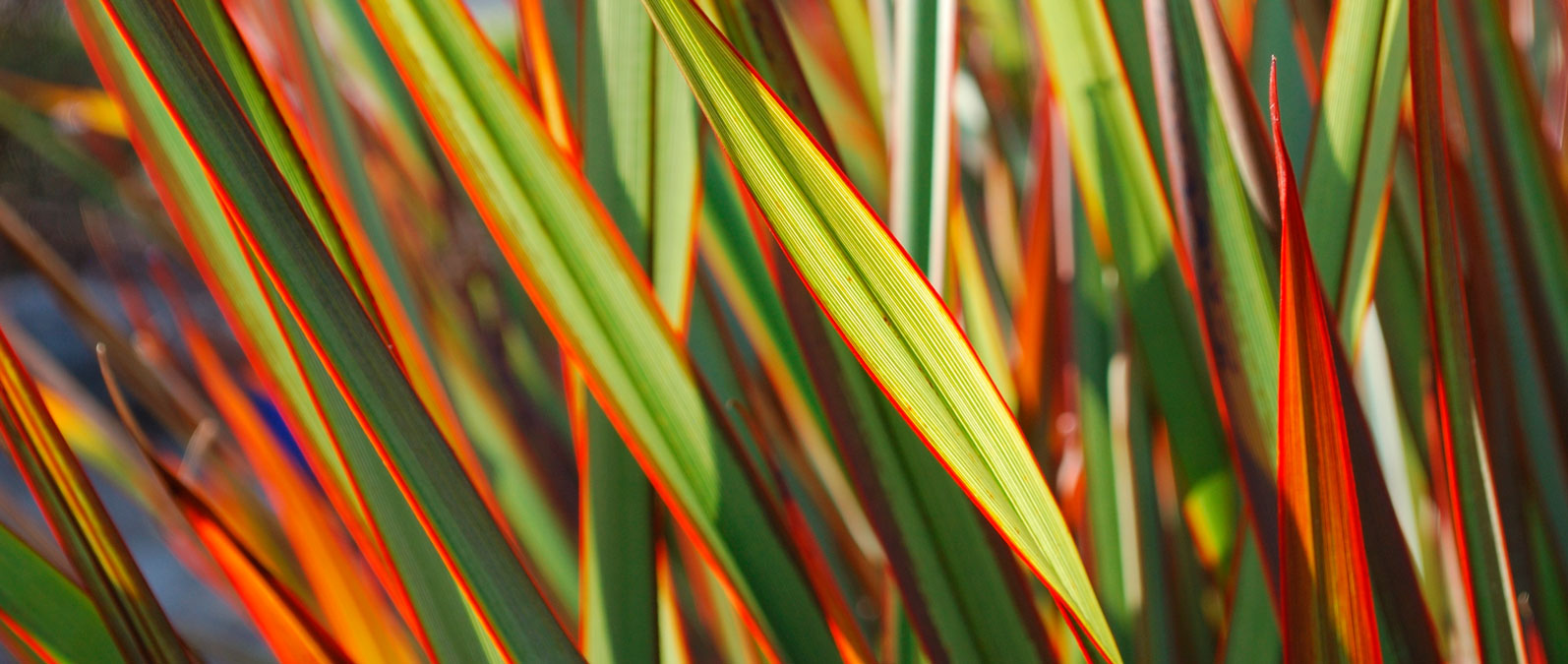 Te Arahi’s love of dancing started from a young age. “During kapa haka practice when I was 13 or 14 I started doing the movements a little bit differently. I was very curious, asking why we couldn’t just change something and make it more spontaneous.”
Te Arahi’s love of dancing started from a young age. “During kapa haka practice when I was 13 or 14 I started doing the movements a little bit differently. I was very curious, asking why we couldn’t just change something and make it more spontaneous.”
In 2009, when he was still at school, Te Arahi took part in Black Grace’s youth programme. The Urban Youth Movement project looked at students’ roots and where they came from, with a focus on bullying in schools. “It taught me to hone in on who I am, what I want to do and who’s actually supporting me,” says Te Arahi. “It was then that I realised dance was what I wanted to do.”
It’s been a hard journey. The Contemporary Dance major is physically demanding – around eight hours of dancing each day plus homework on top. “It changes who you are. Some people go in with the mindset of being a teacher or an artistic choreographer, and instead become amazing dancers within companies. It changes you throughout the years.”
During the degree, Te Arahi grew very close to his classmates. “We supported each other because we know that this industry is competitive, but at the end of the day we could be working with each other in the future. Unitec is here for you to better yourself, so if there’s any competition it’s with yourself.”
“Starting out as a young boy in Te Kuiti who didn’t know anything and working my way up to commercial life is an amazing feat. My father refuses to believe that I have a job in this. For Māori it’s different - it’s quite foreign and it’s alienated.”
Hear how Te Arahi developed his dance and Māori culture while completing his 3-year degree.
When Te Arahi told his family that he was going to Italy to perform The Juniper Passion, they didn’t believe him. “I think I announced it about seven times before they actually believed it. Mum and dad were especially proud. For my dad it was his way of believing in me and believing in the career path I’ve chosen.”
Peforming is the highlight for Te Arahi but it’s also hard work. “Nerves are flying everywhere at opening night and it’s exhilarating thinking about the crowd cheering. You peform at a much higher rate than usual. Once the nerves are gone and there’s nothing new, I try to make each show better, make it as flawless as possible.”
“Before we do a show we like to have a group focus where we come together and speak our minds, to give each other the strength and confidence to do great on stage. Because we are really tired. We start at 8.30am and our performance is at 7pm.”
Unitec’s Dance Department is well-known for it’s varied approach to style and technique. “They don’t just focus on contemporary,” says Te Arahi, “they also give you the opportunity to learn ballet, interdisciplinary, history of dance, nutrition, health anatomy, theatre basics, the hazards of dance, creative projects and funding proposals – learning how to create a project, as well as get the funding for it. It’s very jam packed.”
“They like to build careers for us and give us opportunities. It’s definitely a highlight of Unitec, being able to meet faces from the industry and study with the people you’re going to work for.”
“I’ve done every single thing possible that I could do for dance. My year was the first year we’ve gone to another country and represented Unitec, so I think I’ve broken all the limits and I’m really proud to be a graduate.”
Te Arahi’s long-term goal is to teach New Zealand Māori children to dance. “I want to show them contemporary dance isn’t just for trained people,” he says. “I think it’d be great to take it into kura kaupapa - introduce what we do in Māori.”
But for now, he’s focused on travel. “Going over to Europe opened up my eyes and I’m really curious what else the world has to offer. I feel like I just want to cut my teeth at this work and go see the world a little bit. Travel. Join places.”



